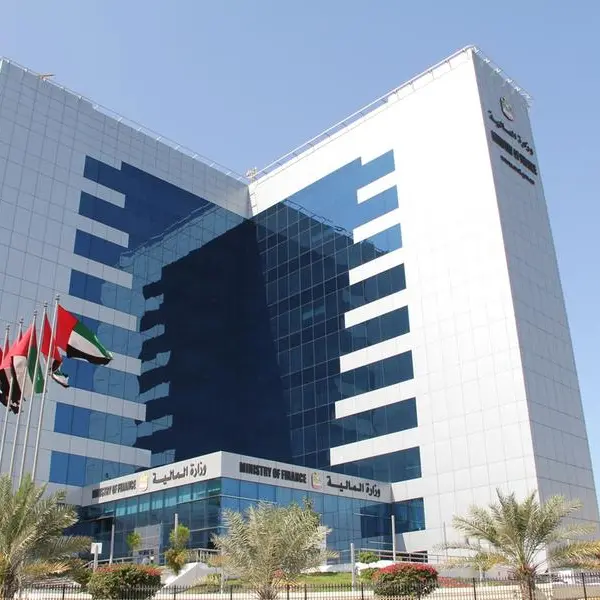PHOTO
The United Arab Emirates is set to increase the employment of nationals in the banking sector as the central bank ‘closely monitors’ the banks’ hiring of Emiratis, the governor said.
“The latest data indicated that 26.1 percent of the banking workforce are Emiratis and we believe that this flourshing sector can embrace more Emiratis and we are aiming to achieve at least 40 percent in the coming 3 years,” Mubarak Rashid Al- Mansouri told the Middle East Banking Forum in Abu Dhabi.
“We are closely monitoring the progress of banks and their initiatives towards Emiritisation and I stress that some entities need to accelerate hiring Emiratis and developing them,” he added.
Al Mansouri said that the nationalization targets in the banking sector will be achieved through applying the ‘points system’ to reach a reasonable distribution of local employees among the country’s banks based on their size.
The ‘points system’ also considers the role of Emiratis within the organization’s hierarchy. By the end of 2019, the target points to be reached are 29,736 points and banks have so far scored 28,050 points, according to the governor.
Earlier in September this year, the UAE launched a 300 million UAE dirhams fund to train 18,000 graduates to enter the workforce, and a part of revenues from value-added-tax (VAT) has been allocated to train and employ 8,000 Emiratis. Sheikh Mohammed bin Rashid Al Maktoum, Vice President and Prime Minister of the UAE and Ruler of Dubai also pledged to provide 20,000 jobs for citizens over the next three years. Read more here
The UAE faces less pressure than its Gulf peers to implement labour force nationalization policies, considering that it is relatively wealthier, has more fiscal flexibility and smaller youth population, according to Fitch Solutions. Read more here
(Reporting by Nada Al Rifai; Editing by Mily Chakrabarty)
Our Standards: The Thomson Reuters Trust Principles
Disclaimer: This article is provided for informational purposes only. The content does not provide tax, legal or investment advice or opinion regarding the suitability, value or profitability of any particular security, portfolio or investment strategy. Read our full disclaimer policy here.
© ZAWYA 2019




















